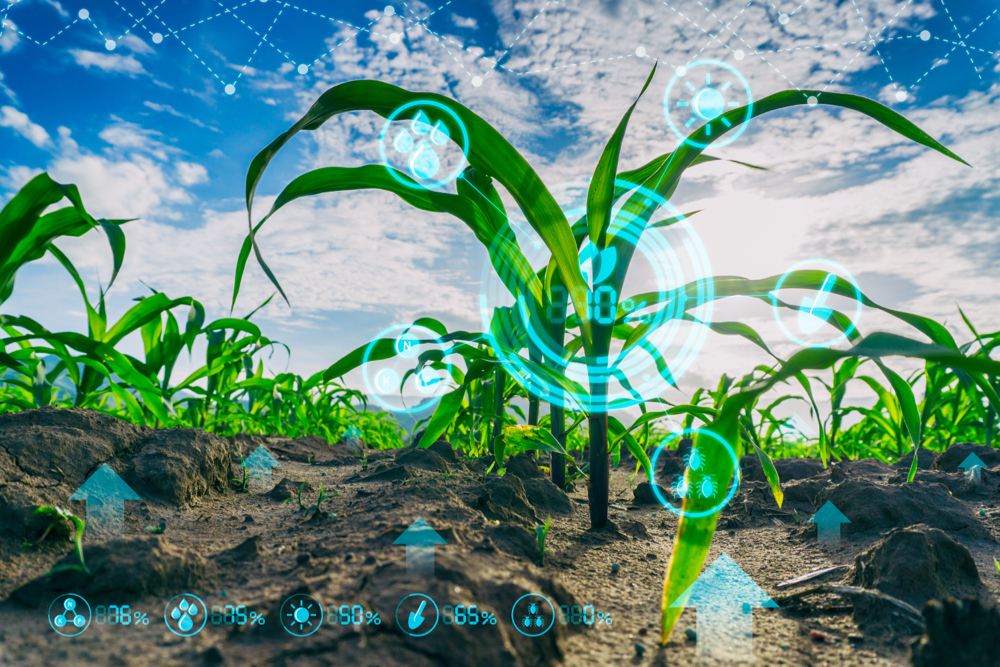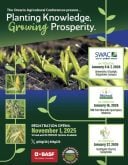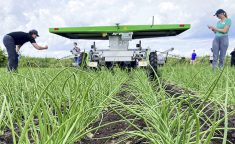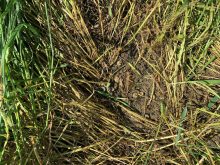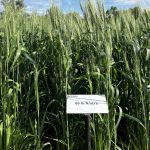Ontario agricultural service provider Veritas Farm Management continues to grow from its Chatham-Kent roots and now has projects in data-based agronomy across North America.
Established in 2010 and acquired by Deveron in 2015, the company’s role as an independent, data-based agronomy consultant has expanded to include projects with Michigan State University, American agricultural retail companies, the United States Department of Agriculture and other groups.
Why it matters: U.S. acquisition of local agronomy companies can be beneficial to Ontario growers by expanding expertise and data collection tools.
Read Also

Canada seventh-most influential country on agri-food
Report from Dalhousie University and MNP shows Canada ranks seventh among G20 countries on agri-food influence.
“Our goal is to create actionable decisions based on quality data… We’re doing a ton of carbon work with companies in the ag-retail space,” says Mike Wilson, vice-president of data collections for Deveron.
He highlighted research partnerships focused on determining how farms can sequester carbon and how retailers can quantify and navigate carbon pricing.

“These companies are looking at what protocols are needed to acquire data to meet government policies…That’s 90 per cent of our work in the U.S. We’ve hired 20 data collectors for that work alone, and we’re actively looking at moving the carbon program into Canada too.”
In Canada, Veritas and the wider Deveron team have focused on establishing what Wilson calls “affiliate programs,” where the company acts as an independent agronomy data collector and analyzer for other companies, organizations and research institutions.
These include Grain Farmers of Ontario (GFO), University of Guelph, the Ontario Ministry of Agriculture, Food and Rural Affairs (OMAFRA), Sylvite and others.
Input savings and environment-focused research initiatives comprise the current research focus, including a multi-year project with GFO to analyze variable rate opportunities of post-clover corn.
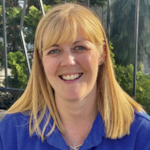
Karla Jackson, agronomist and certified crop advisor with Veritas, says the company is also engaged with Alternative Land Use Services and Ducks Unlimited Canada to map naturalized habitats. Like their work with American ag retailers, both Wilson and Jackson say their conservation-focused projects include carbon-focused measurements.
Input and production profitability improvements
Wilson says Veritas and Deveron’s purpose is to help individual producers and groups find savings through data collection, primarily through soil sampling and imagery, and make recommendations. This includes identifying tools that customers may not be aware of, such as the company’s free satellite-based soil variability tool, and ways to measure and make use of data without owning digital tools.
Helping clients and research partners “win the wins and minimize the cost of losses” through profitability mapping is the ideal for Aaron Breimer, manager for Veritas.
According to Breimer, profitability mapping involves analyzing the data-derived report card of a given area (yield, fertility, etc.) in conjunction with production efficiency over time. Identifying which areas of the field are most profitable, as well as those that consistently make less or lose money, gives the grower opportunity to strategically divert expensive resources.
By diverting resources from poor to high performing areas, overall profitability can be improved.
Effective actions rely on good data, however. Even small anomalies, like labeling the same field or input under slightly different names, is a common source of headaches and wasted time.
“Keeping data calibrated and organized makes things easier,” says Breimer. “When people do a decent job of that, it allows for these types of tools to be used a lot more effectively.”




